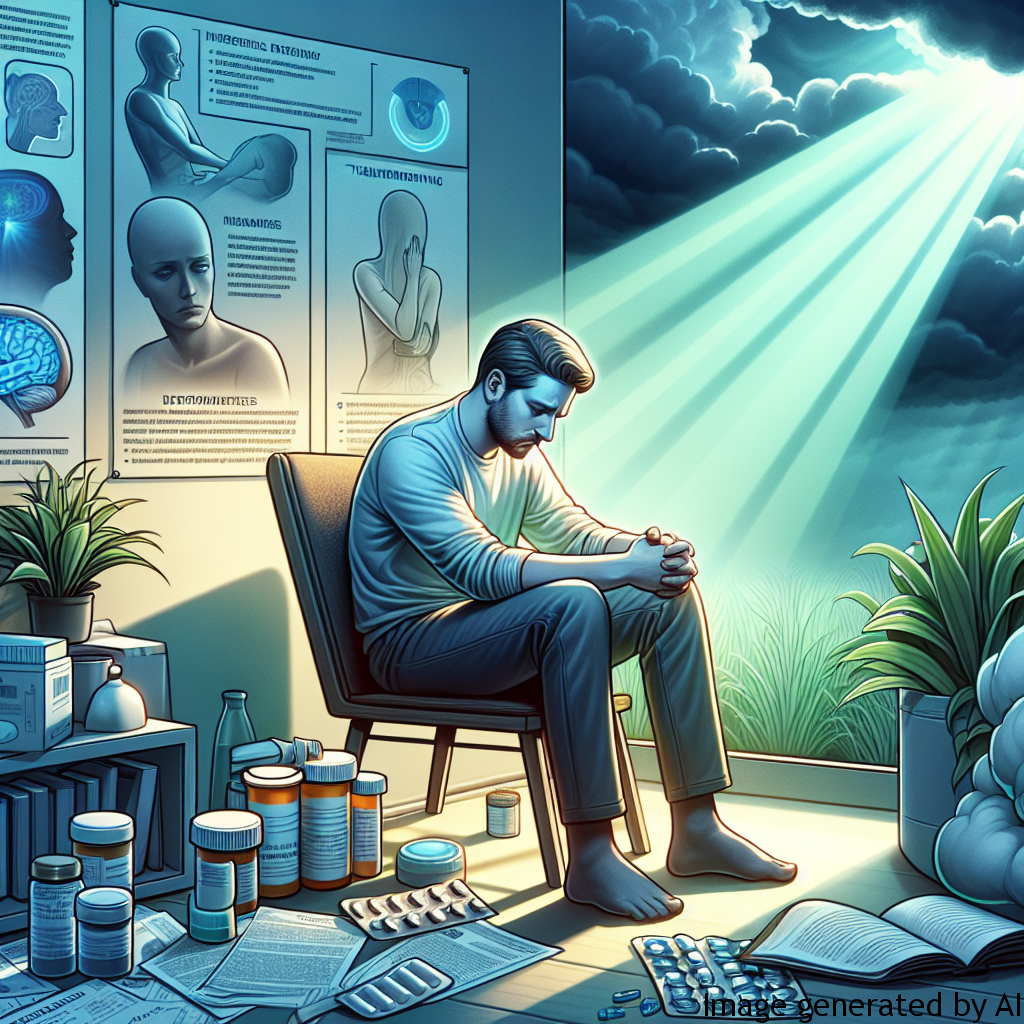Introduction
Depression is a common and serious medical illness that negatively affects how one feels, the way they think, and how they act. It’s characterized by feelings of sadness or a loss of interest in activities once enjoyed. Although depression can strike anyone at any age, the symptoms and experiences of depression can differ drastically between men and women. In a society where men are conventionally perceived as strong, unemotional, and firm, depression in men is often misdiagnosed, ignored, and under-treated.
The Influence of Gender Expectations on Men’s Mental Health
Traditional Masculinity Norms
The commonly recognized culture of masculinity and the stereotype of the “strong, silent” man can tremendously influence men’s mental health. Men are discouraged from expressing their emotions and are often under enormous pressure to be the main provider, be resilient, and bottle up their feelings. Maintaining this facade can lead to a buildup of stress and subsequent depression.
Misclassified Symptoms
Depression in men often presents differently than it does in women and might, therefore, not fit the typical diagnostic criteria for depression. Men are more likely to express their depression through irritability or anger, risk-taking behavior, or substance abuse, which can mask underlying depression.
Examples of How Gender Roles Can Affect Men’s Lives
Masculine ideals can affect every aspect of a man’s life, including their mental health. A man who is experiencing financial difficulties may feel shame and anxiety over his perceived failure as a provider. A man who is struggling emotionally might feel pressure to appear strong and avoid seeking help or discussing his emotions. These societal roles and expectations can contribute to feelings of guilt, shame, and hopelessness, all of which can exacerbate symptoms of depression.
Advice for Improving Mental Health Given Gender Roles
Steps towards improving mental health in men involve challenging societal norms about masculinity and encouraging open discussions about mental health. This could involve:
- Encouraging men to seek help and speak about their feelings without feeling threatened about their masculinity.
- Dispelling myths that equate vulnerability with weakness.
- Promoting mental health in workplaces and providing support for employees.
- Encouraging men to engage in regular physical activity and healthy eating habits which can help in maintaining mental health.
Conclusion
While depression can affect anyone, societal expectations and gender roles can greatly affect how it’s experienced and expressed. Recognizing the unique challenges and influences men face in relation to depression is essential for providing effective and supportive mental health care. It’s high time we change the narrative and create a society that understands that expressing vulnerability is not a weakness but a strength and a step towards better mental health.

